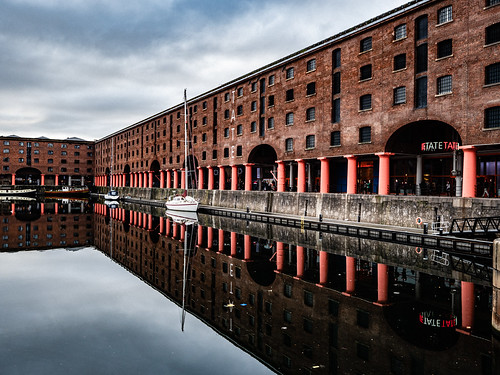The UK Home Secretary, Sayid Javid, has decided to revoke the citizenship of Shamima Begum, who notoriously travelled to Syria at the age of fifteen with two companions and married an ISIS fighter. She is now in a Syrian refugee camp, has now given birth to a child and was reportedly keen on returning to the UK. Begum has given interviews saying that she regrets nothing and that she wasn’t “fazed” by seen the severed heads of those murdered by Daesh. Not an appealing character, but, given that she was groomed as a child by a criminal gang, one who might have been seen as a victim in other circumstances.
The UK government has given itself the power to deprive people of citizenship where this is “conducive to the public good” but the law up to now had been that they had to be satisfied that the person would not be rendered stateless. After all, as we know, if citizenship is the right to have right, statelessness is a condition of near rightlessness. In the present case, they seem to be claiming that a person born in the UK who acquired British nationality at birth can be deprived of citizenship because she is entitled to Bangladeshi nationality through her mother. Shamima Begum has never been to Bangladesh and has no connection to the country. Though her case involves terrorism the UK has also begun to use citizenship deprivation in cases involving “serious criminality”, a vague category that is capable of being defined downwards (as it was when Javid spoke about a group of people recently deported to Jamaica).
Millions of people born in the UK and holding British nationality currently have “access to” another citizenship. It may be Irish citizenship (the entire nationalist population of Northern Ireland!). It may be Israeli citizenship through the law of return. It may be the citizenship of some country in Britain’s former empire, such as Bangladesh. The new expansions of citizenship deprivation theoretically expose all of them to the possibility of exile and banishment to another country should they be convicted of serious crime. The immigration regime has long been one where the rule of law is muted, where due process is little more than what the government says it is, and where means of appeal and assertion of rights are limited. By bringing millions of people into the ambit of such a regime, you render them exposed to a system of arbitrary punishment decided upon by a minister. There are two ways to look at this: either millions of ordinary people are subject to tyranny, or they would never do that to ordinary white people, only to those with a “funny tinge”. Either way lies an appalling vista.
Update: I’ve written [a longer blog](https://www.lrb.co.uk/blog/2019/february/who-s-next) (and with improved legal information) at the London Review of Books blog.








